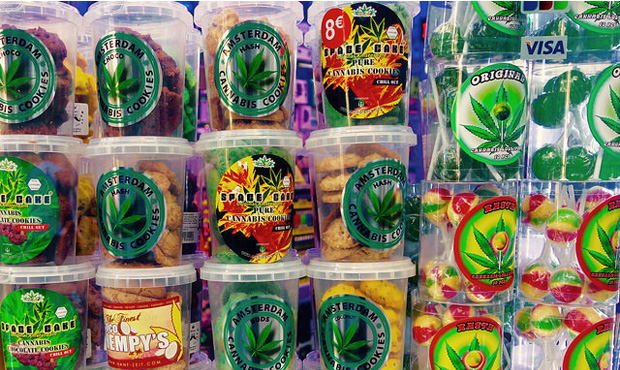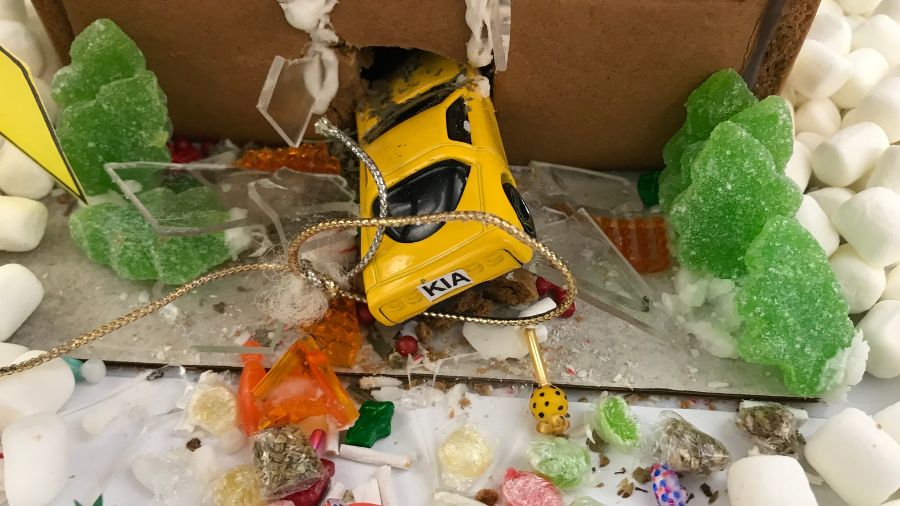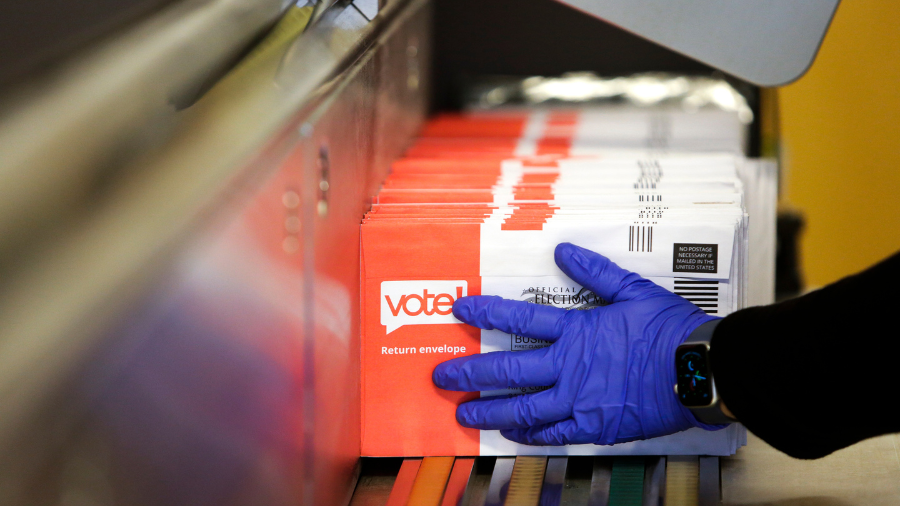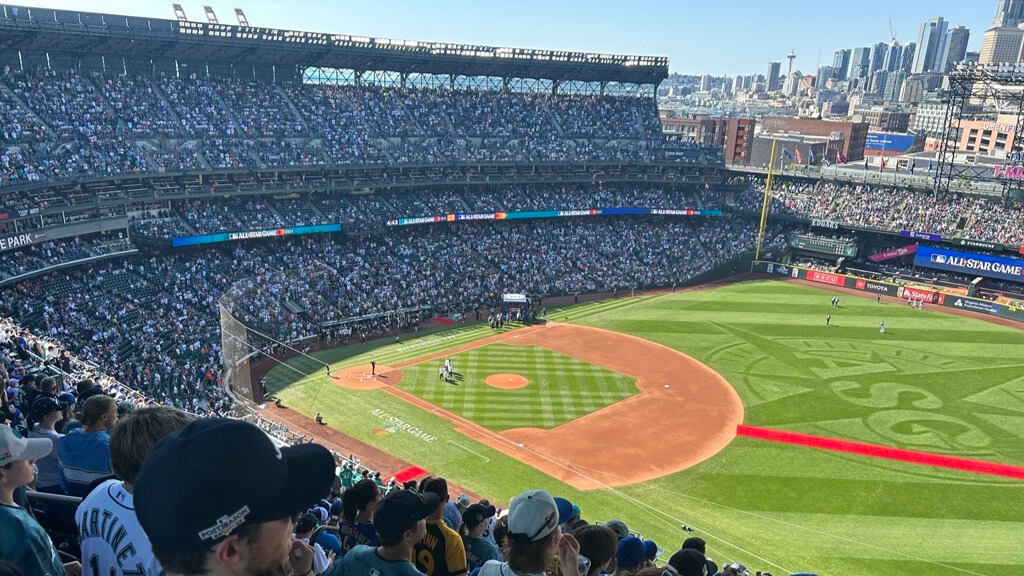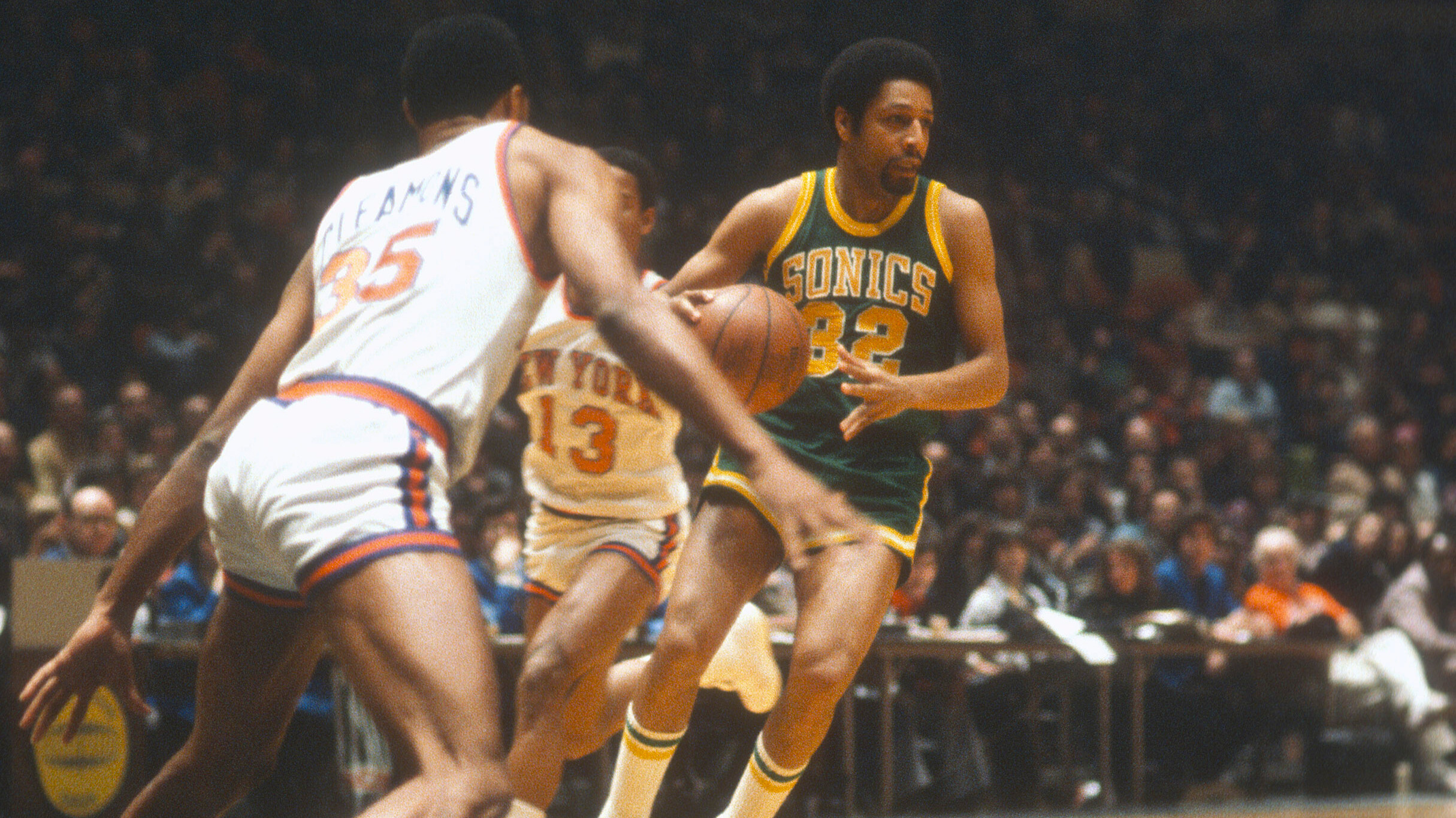Should the cannabis industry have seen an edible ban coming?
Oct 10, 2018, 3:39 PM
The local pot industry was rocked by a recent announcement from the state Liquor and Cannabis Board, stating an intent to ban certain marijuana-infused edibles because they appeal to children.
RELATED: Bainbridge Island chef gears up for fight over cannabis coffee
The Liquor and Cannabis board released its ruling on Oct. 4, with the goal to “reevaluate” edibles, citing a need to “ensure the products align with current and new rules prohibiting products that are especially appealing to children.”
As the news came down, vendors and shops across the state were stunned.
“Needless to say, it was a shock to those licensees who had products that had been approved and on the market,” Washington Canna-Business Association’s Vicki Christophersen told KIRO Radio.
Christophersen argued further in a news release that “youth use of pot and cannabis-abuse treatment admissions have not increased in Washington since marijuana was legalized, according to a new analysis by the state Legislature’s think tank.”
She estimated that a potential blanket ban on certain edibles would cost “millions of dollars invested,” and affect “thousands of employees across the state.”
Everyone should have seen this coming
All that being said, the laws currently on the books have always been pretty specific when it comes to what is and isn’t allowed concerning edibles. From WAC 314-55-077 (emphasis ours):
A marijuana processor is limited in the types of food or drinks they may infuse with marijuana. Marijuana-infused products that require cooking or baking by the consumer are prohibited. Marijuana-infused products that are especially appealing to children are prohibited. Marijuana-infused edible products such as, but not limited to, gummy candies, lollipops, cotton candy, or brightly colored products, are prohibited.
Obviously there’s plenty of blame to go around, as a variety of products that violate the current laws were subject to approval from the state Liquor and Cannabis Board, and still made it to market anyway.
But to say that a proposed ban came as a complete surprise seems dubious, given that all that’s being proposed here is a stricter enforcement of the state’s current laws.
What exactly will be restricted?
While the idea of an “edibles ban” seems extreme, what’s really being considered is far more nuanced. According to the Liquor and Cannabis Board’s recent presentation, “allowable infused products with limitations on appearance” will still include chocolate, cookies, caramels, and mints, in addition to beverages, baked goods, capsules, chips, crackers, sauces, spices, and tinctures.
The board will be looking to evaluate edibles moving forward based on factors like appearance, color, and “similarity to commercially available products that are marketed towards children.”
Licensees will still be allowed to sell through their current inventory of edibles in violation until they’re depleted, or until April 3, 2019 (whichever comes first).
Plenty of things had to go wrong for us to get to this point. When it’s all said and done, the state Liquor and Cannabis board did a poor job enforcing its own laws, and licensees got comfortable investing millions in products they knew violated those laws in the first place.
Regardless, be prepared to say goodbye to your weed-infused gummy bears should the state move forward with its proposal.

